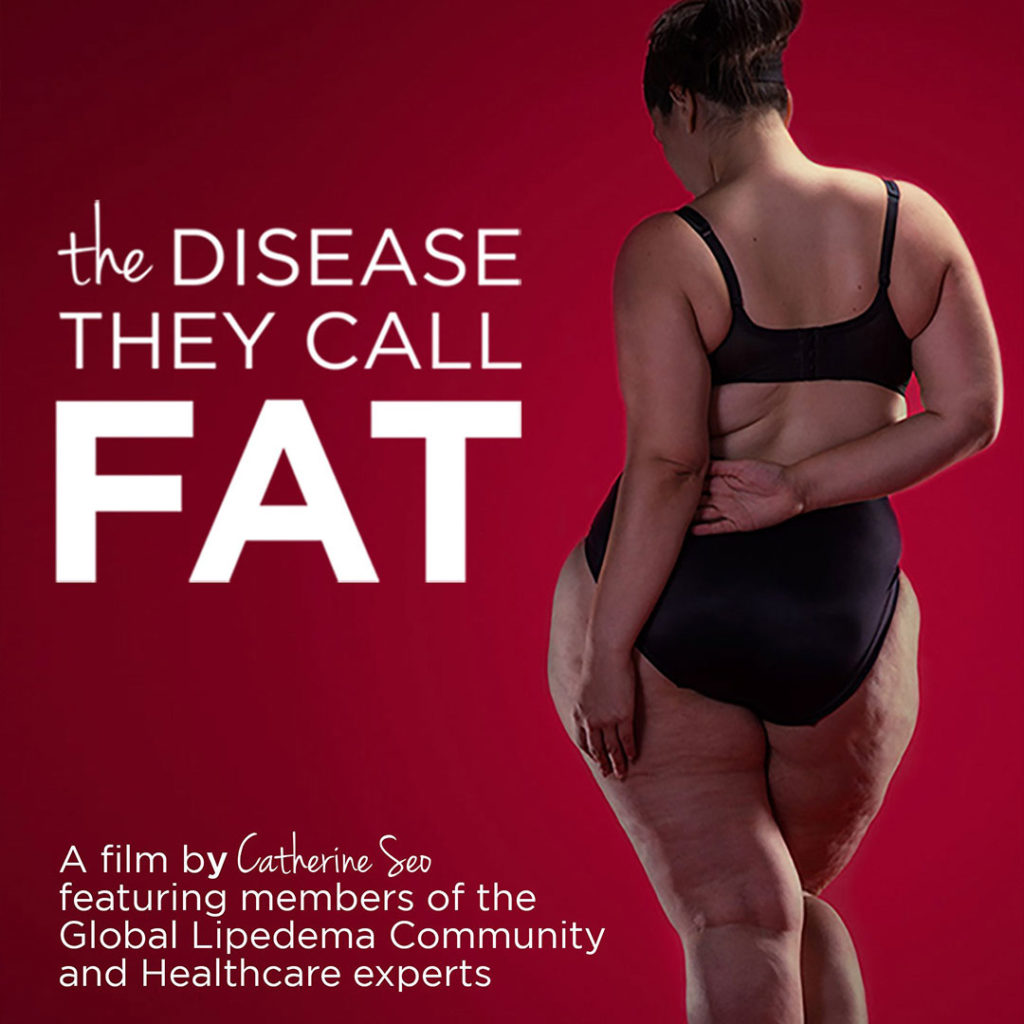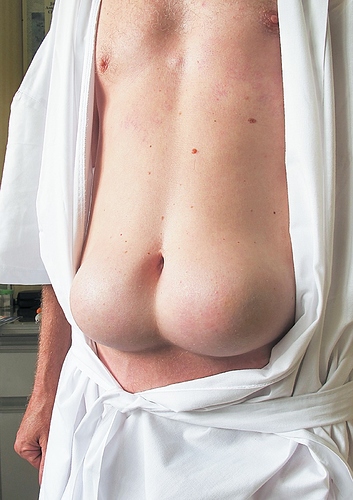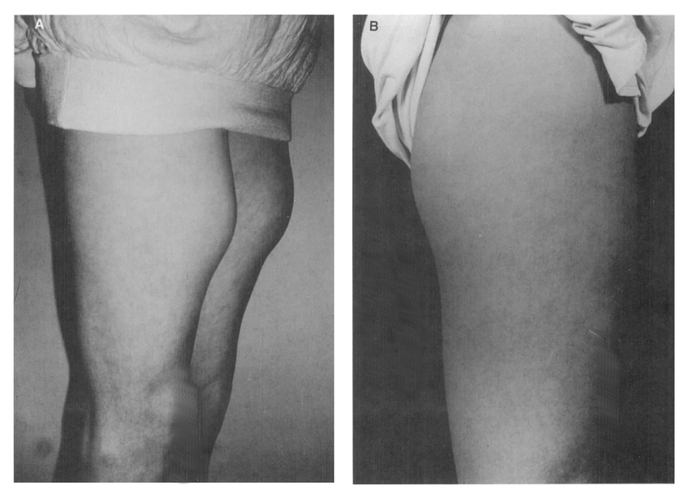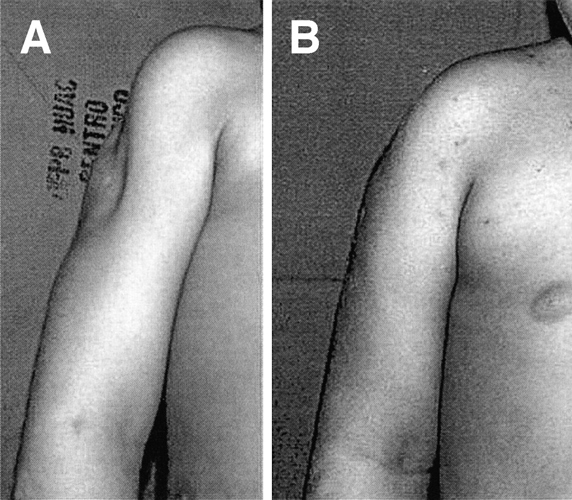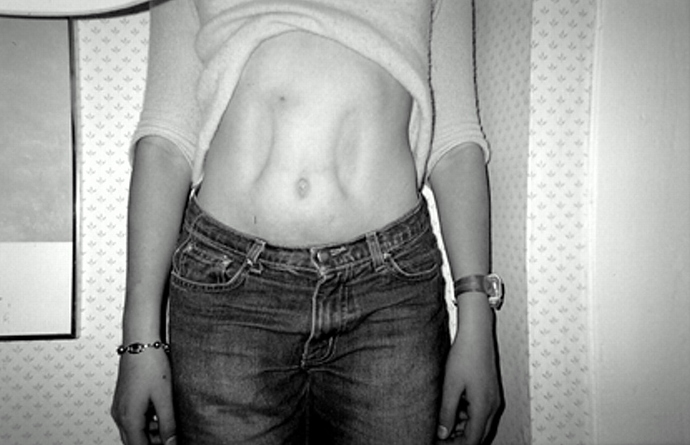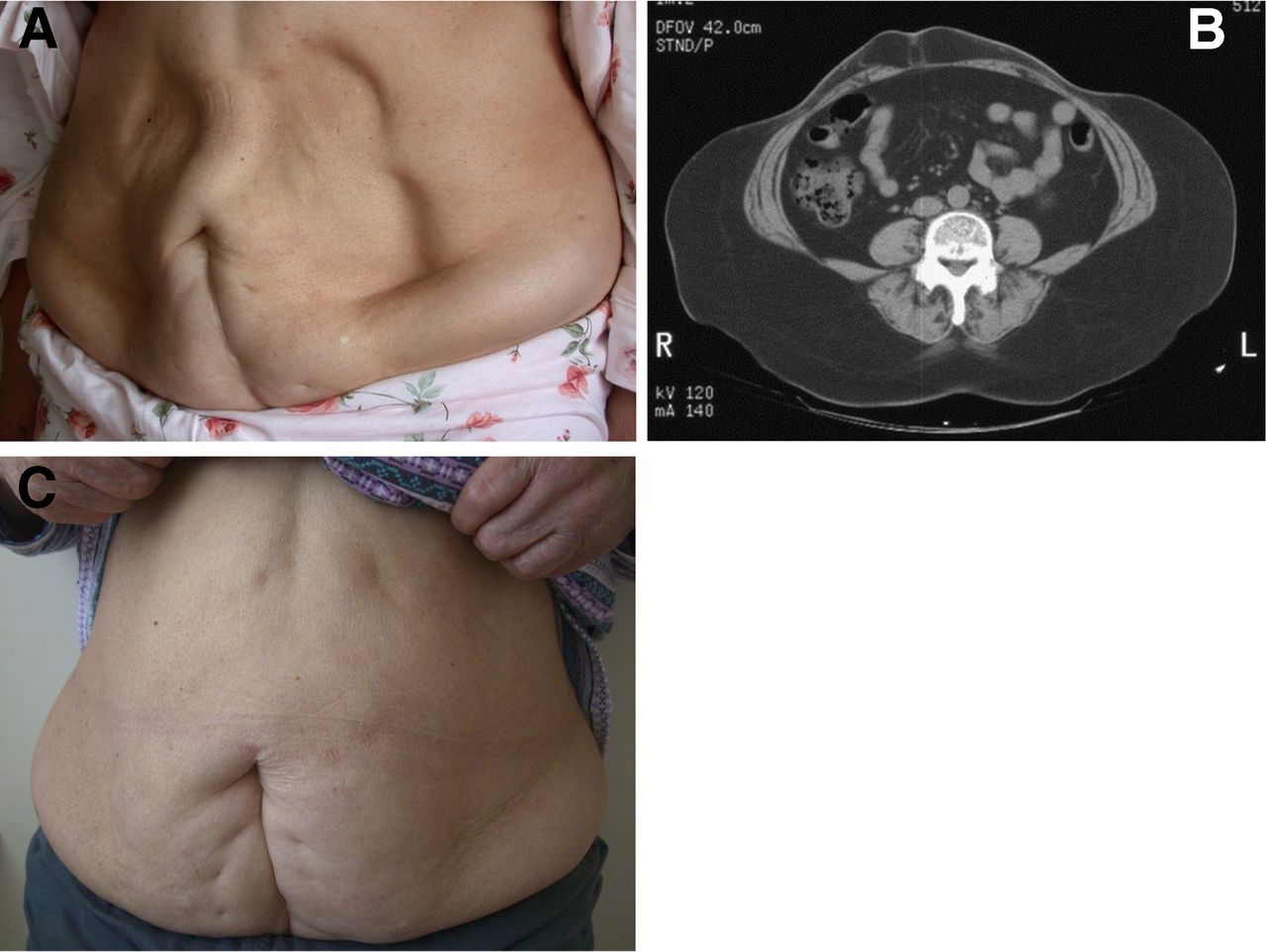What is so strange is how lipedema and lymphedema resemble lipohypertrophy
from continuous insulin injection sites and how the interstitium, Bikman talks about (below) is actually an organ not just a fluid filled space and possibly being filled with insulin? I seen some photos of this when an insulin pump is used also?
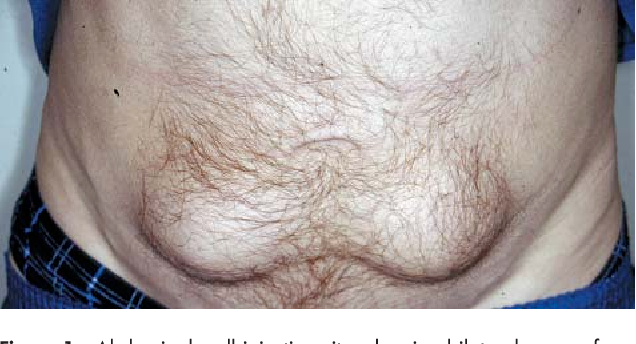
”…Theories and Possible Mechanisms
Why does the ketogenic diet work so well for people with lipedema? There are multiple theories about the mechanisms involved. Here are a few ideas.
Onset and Timing
The onset of lipedema correlates with naturally-occurring times of hyperinsulinemia and insulin resistance, like puberty, pregnancy, menopause. These are natural periods in a woman’s life where she will have a high tendency to increase body fat. Dr. Robert Cywes, specialist in weight management and bariatric surgery for adults and adolescents, suggests that women with lipedema may have an innate hypersensitivity to insulin and/or a tendency toward higher levels of insulin in the blood.
Lipoprotein Lipase
Paul Mason, MD, Specialist Registrar in the Australasian College of Sports and Exercise Medicine, noted that lipoprotein lipase (LPL) is used in the body to store fat and is stimulated by increased levels of the hormone insulin. Women with lipedema have an increased concentration of LPL in lipedema fat.
Safe Storage
Paula Stewart, MD, Physical Medicine & Rehabilitation Specialist, advanced the notion that women with lipedema are “the mothers of our species” with the ability to store fat in “safer” areas of the body beyond the abdomen. In this theory, women with lipedema are advanced survivors, better able to reproduce and care for their young in times of famine.
Sex Hormone Dominance
Dr. Gabriele Faerber, specialist in phlebology and lymphology, including nutritional medicine, in Germany, noted that since increased insulin leads to increased aromatase activity and increased conversion of sex hormones to estrogens, women with lipedema tend to show estradiol dominance.
Painful Fat
Ben Bikman, PhD, scientist and professor with a special emphasis on the origins and consequences of metabolic disorders, including obesity and diabetes, found that hypertrophy of fat cells leads to insulin resistance and the leaking of fat and inflammatory proteins into the interstitium. Could this be the cause of painful fat?
Famine Response Hypothyroidism
Carol Rowsemitt, PhD, RN, FNP is a Family Nurse Practitioner with a specialty in obesity and thyroid functioning. Her research found that repeated weight loss attempts lead to a type of famine response hypothyroidism that is not detected with traditional testing. It may be revealed that many women with lipedema are hypothyroid, which further limits the ability to lose weight. …” …More
